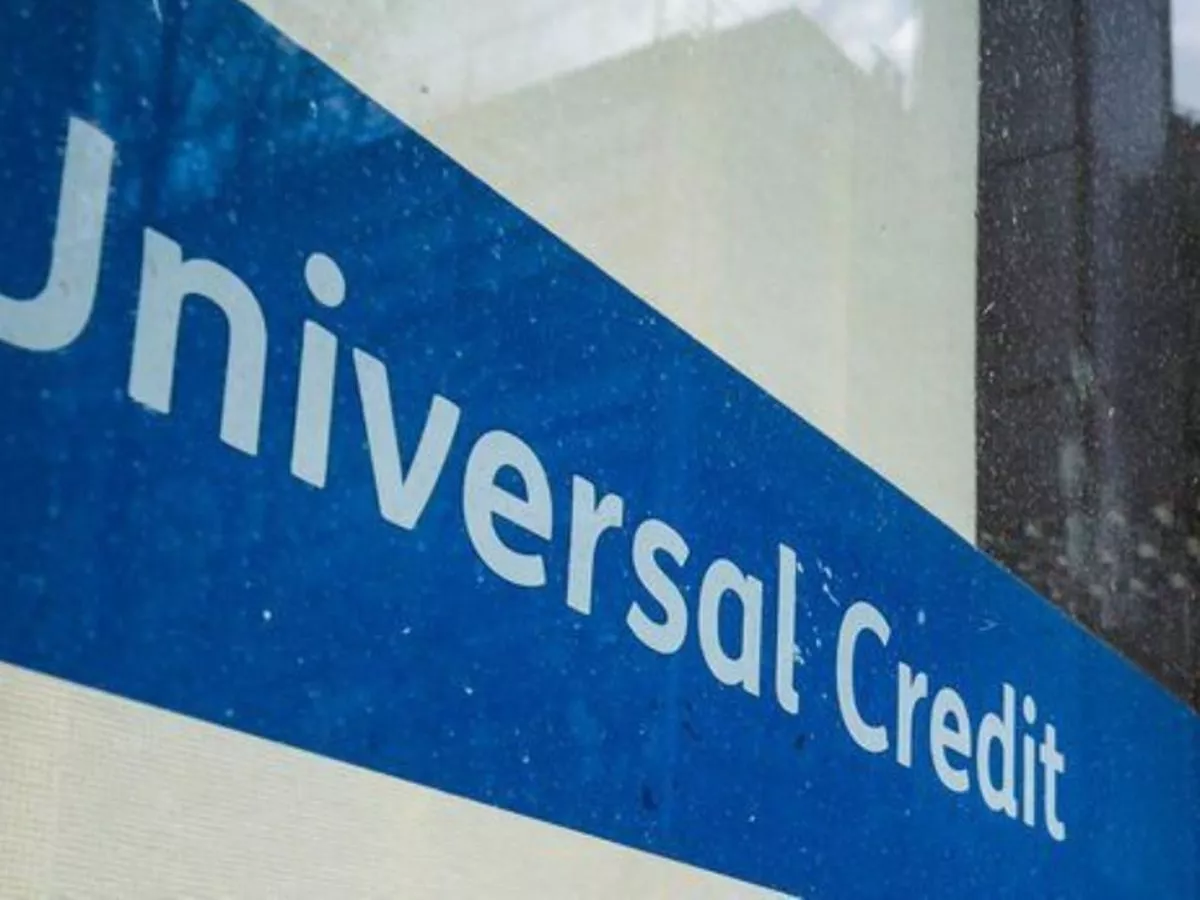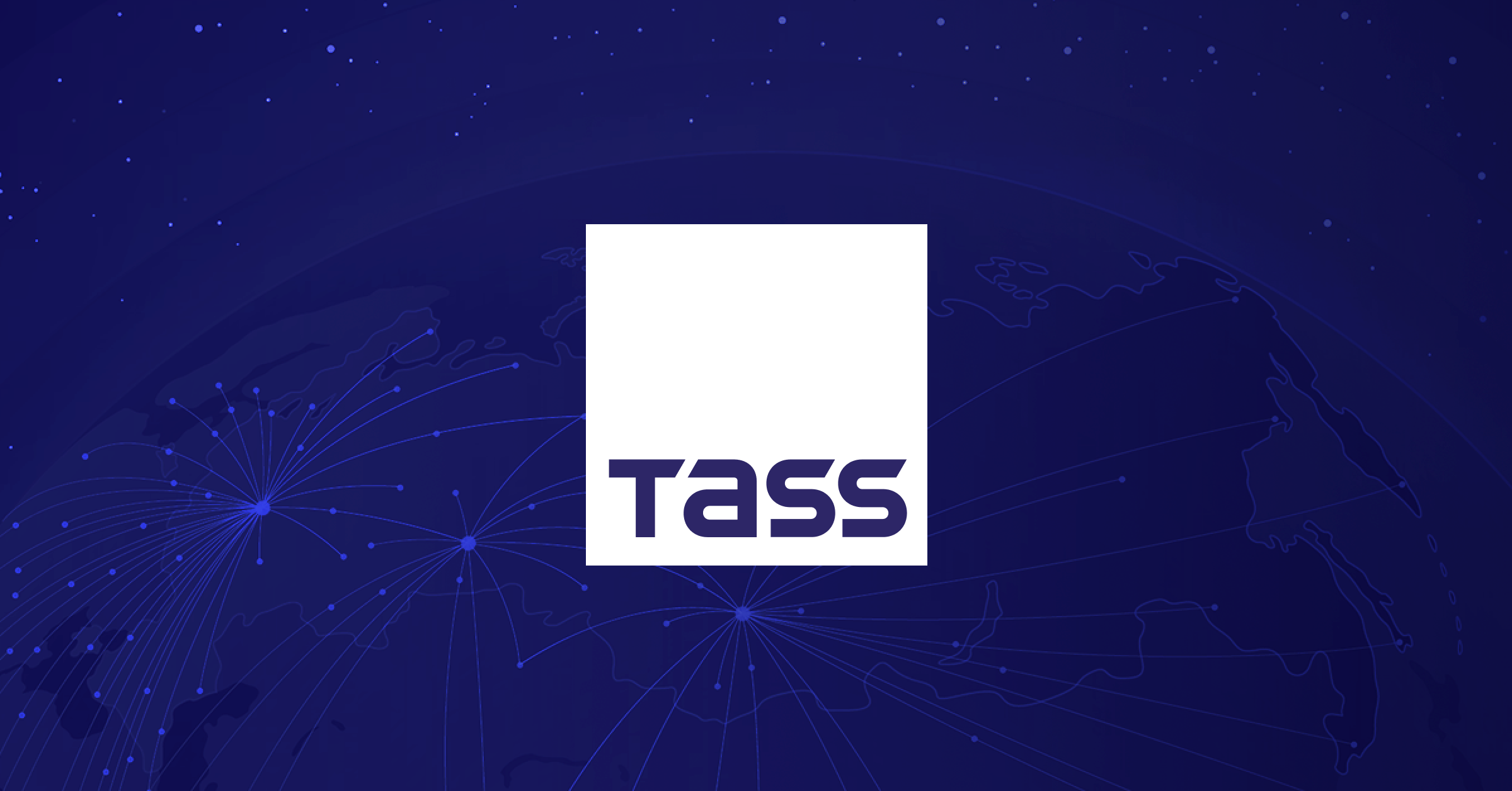Copyright birminghammail

People on Universal Credit will see payments boosted by the Department for Work and Pensions from April after the Labour Party government greenlit changes. The Universal Credit Act, which was given royal assent last month, will see the basic standard allowance rise at least in line with inflation until 2029/30. By 2029/30, it will be 4.8% higher than it would have been under the normal practice of increasing the standard allowance in line with Consumer Price Index (CPI) inflation over the period. READ MORE Mechanic issues seven-day warning to drivers ahead of 'sudden catastophe' The Labour Party government says: "Universal Credit (UC) awards are calculated by working out a claimant’s maximum entitlement. "This is comprised of a ‘standard allowance’ – the basic amount for the adult(s) in the household – plus additional elements for different needs and circumstances. "It can include an element for people who have been found to have a ‘limited capability for work and work-related activity’ (the ‘LCWRA element’) because of a disability or health condition. "The government says claimants are struggling to get by on the existing standard allowance, and that the high relative rate of the LCWRA element creates ‘perverse’ incentives for UC claimants to be found to have LCWRA. Once people are on the LCWRA element, the government argues, they are no longer routinely supported or encouraged to work, and people in this group move into work at low rates." It adds: "The Department for Work and Pensions ( DWP ) hopes that ‘rebalancing’ the rates in this way (PDF) will “remove the incentive for people to declare themselves unable to work in order to improve their incomes” and “would benefit society through increased employment”. It further notes that “that work is the best route out of poverty”. "These changes amend and override the usual annual practice of reviewing and uprating benefit levels for the specific UC rates listed above. "They do not change the rates of other UC elements which will continue be subject to the usual annual uprating process and will be covered by the Commons Library in other briefings."



